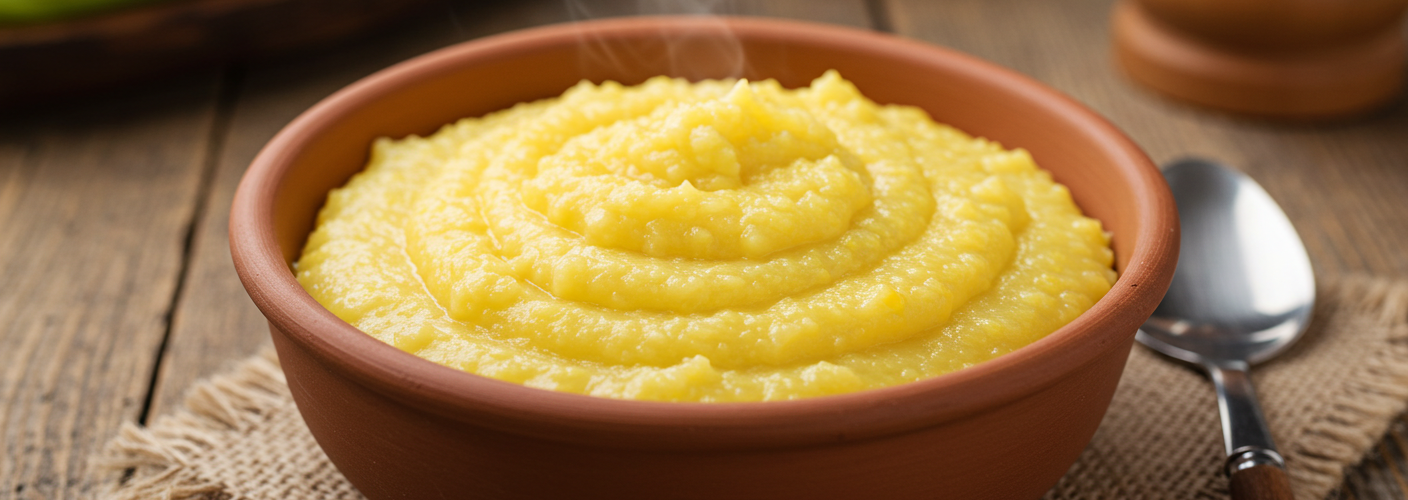Mamaliga, a traditional dish commonly found in Romania and Moldova, is more than just a meal; it’s a heartwarming symbol of culinary heritage loved by many. This delicious porridge made from yellow maize flour is not only a staple in these regions but also a great comfort food that warms both the body and soul.
What is Mamaliga?
At its core, mamaliga is a simple dish prepared by cooking yellow maize flour with water and a pinch of salt. The result is a creamy, thick porridge that can be served in a variety of ways. Mamaliga has a texture similar to polenta but holds a unique place in Eastern European cuisine. Traditionally, it’s enjoyed as an everyday meal, often served during gatherings and celebrations, making it a cherished comfort food.
The Nutritional Benefits
One of the most significant advantages of mamaliga is its nutritional value. Made from maize, it is naturally gluten-free, which makes it an excellent option for those with gluten sensitivities or celiac disease. Mamaliga is rich in carbohydrates, providing energy for those long days and busy lives. It’s also a source of vitamins, particularly B vitamins, which are essential for maintaining a healthy metabolic function.
Cooking Mamaliga: A Simple Recipe
Making mamaliga is a surprisingly straightforward process that requires just a few ingredients. Here’s a simple recipe to try at home:
Ingredients:
- 1 cup yellow maize flour
- 4 cups water
- 1 teaspoon salt
- Optional: butter, cheese, or sour cream for serving
Instructions:
- In a large pot, bring the water to a boil. Add the salt.
- Gradually stir in the yellow maize flour, whisking continuously to avoid lumps.
- Reduce the heat to low and continue stirring for about 15-20 minutes until the mixture thickens and pulls away from the sides of the pot.
- Once done, you can shape mamaliga into a round form and let it cool slightly before serving.
Mamaliga can be enjoyed in slices or scoops, paired with various toppings such as fresh cheese, sour cream, or even stews. Its versatility allows it to complement a wide array of flavors, making it suitable for both savory and sweet dishes.
Cultural Significance
In addition to its delicious taste, mamaliga carries a rich cultural significance. In Romania, it is often a symbol of hospitality, served to guests as a warm, inviting dish. Many families have their own take on the recipe, passed down through generations, making it an integral part of family gatherings and celebrations.
Conclusion
Mamaliga, with its simple ingredients and comforting nature, is a dish that transcends mere sustenance. It’s a reminder of home, warmth, and tradition. The next time you’re looking for a hearty meal that nourishes not just the body but also the spirit, consider trying your hand at this delightful porridge. Whether enjoyed as a side dish or the main event, mamaliga is sure to become a beloved addition to your kitchen repertoire.




Add comment